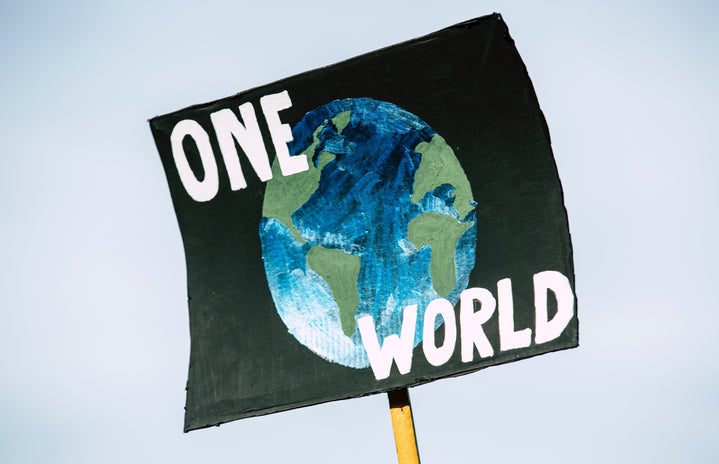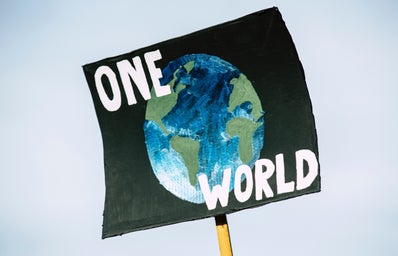Recently, there have been numerous headlines concerning the intense flooding in Pakistan and the devastating consequences. It has long been accepted in the environmental community that the countries that cause the least amount of harm will be hit first and hardest with the effects of climate change. As much as some would love for this idea to be some future possibility, that is just simply not the case. The warnings have come to fruition and other countries are already paying the price for the decadence and waste of the Western World.
Pakistan is responsible for less than 1% of global emissions yet approximately 1,300 of its citizens have died as a result of climate abuse. An estimated third of Pakistan is under water after suffering rainfall that is 780% above average. Nothing has escaped the floods with homes, schools, and farms being violently washed away leaving millions in dire conditions. These floods are not natural and are a result of climate change.
Upon researching this topic further, I learned of the great glaciers in Pakistan, and it is these natural wonders that make it particularly vulnerable. As temperatures rise, the glaciers melt and result in the flooding that has ripped through the landscape in conjunction with the monsoon season. Citizens fear that the water will not recede enough by planting season in October. Many families’ entire livelihoods depend on those crops. These disastrous floods follow the ousting of Pakistan’s Prime Minister last year which has put the country in a tumultuous political and economic position. Pakistan is one of the largest producers of cotton and rice of which it is estimated that 50% has been destroyed; this loss will not only be felt in Pakistan’s economy but across the world as prices will likely rise.
It is long overdue that countries with the resources and ability to cut their emissions begin to do so. Pakistan embodies the harsh reality and consequences of our environmental impacts. People are suffering, and it is unjust that they must face a beast not of their making simply because large countries, such as the US, have the resources to mitigate impacts at home (for now).
Ahsan Iqbal, Pakistan’s Minister for Planning and Development puts it best, “We want to showcase this to the developed world in particular…the quality of life that people in the West are enjoying today, someone is paying the price in the developing world.”
Environmental rights are human rights.
If interested, here are some resources to donate to in order to support the relief efforts.
https://www.savethechildren.org/us/where-we-work/pakistan
Sources
https://www.cnn.com/2022/09/02/asia/pakistan-floods-climate-explainer-intl-hnk


